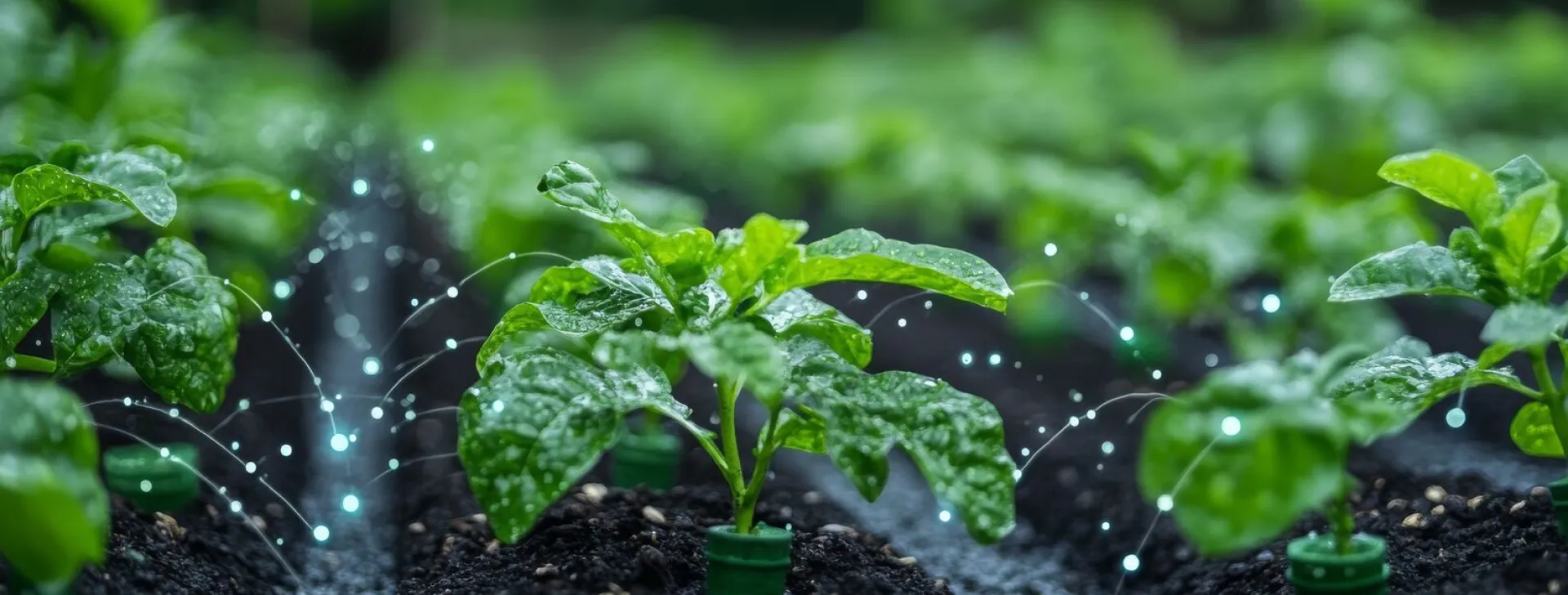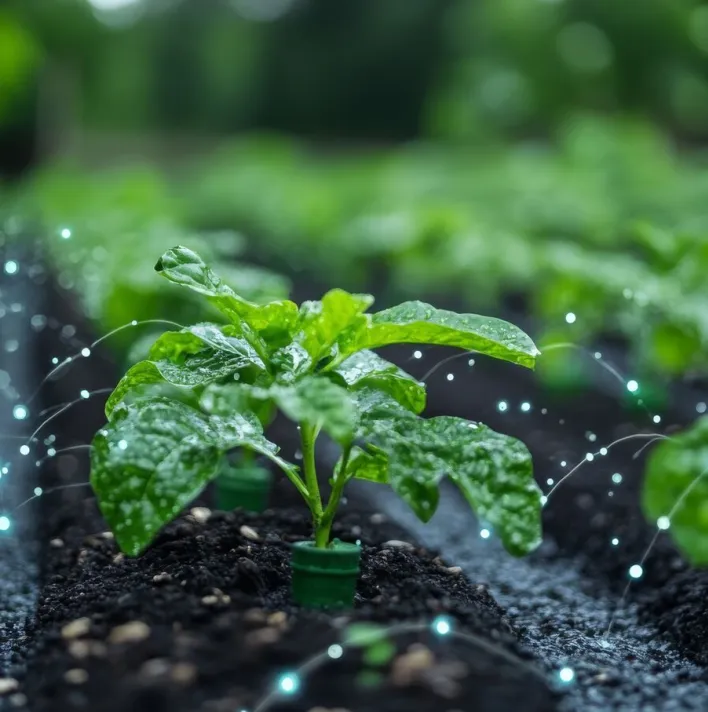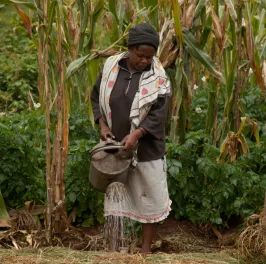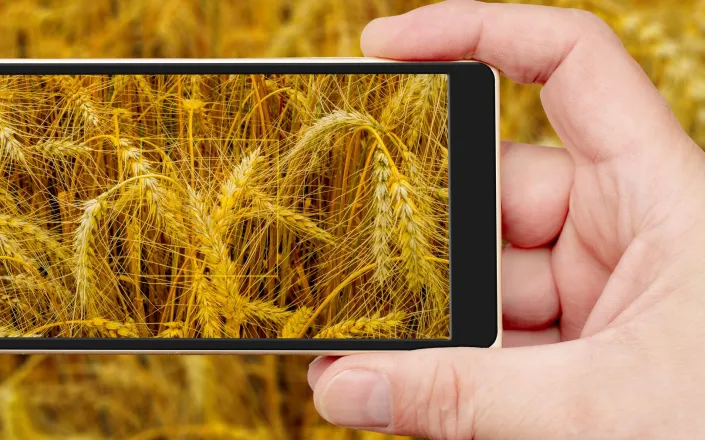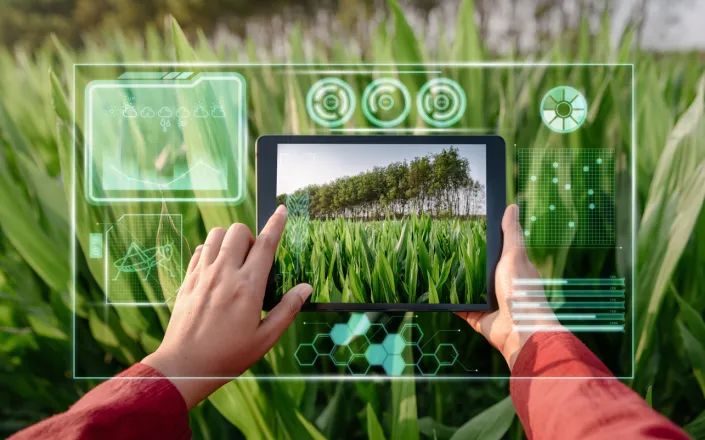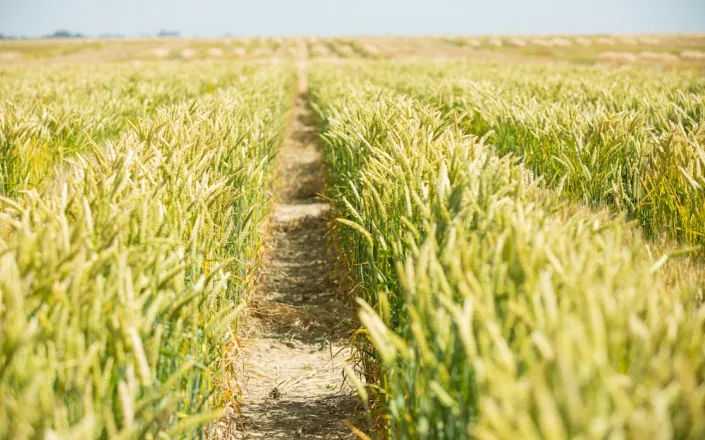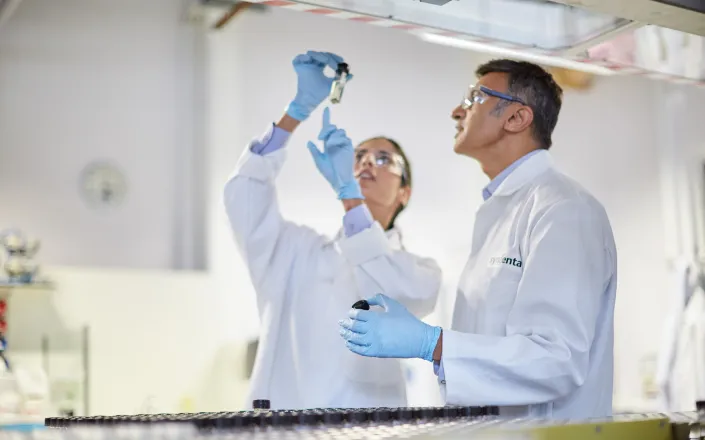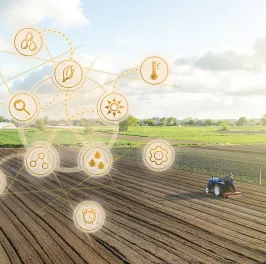
Artificial intelligence holds unprecedented promise to revolutionize farming practices.
However, recent research conducted by Syngenta in partnership with the market research specialist IPSOS reveals that the digital divide in agriculture is not shrinking but expanding. This comprehensive study exposes the complex barriers preventing equitable access to AI technology and offers insights into creating a more inclusive agricultural future.
The digital divide
The agricultural sector is increasingly split into two distinct worlds. Large-scale operations are rapidly embracing AI and digital tools, gaining competitive advantages through precision agriculture, predictive analytics, and automated systems. Meanwhile, smaller farmers find themselves watching from the sidelines, unable to access the same transformational technologies.
This divide isn't merely about farm size—it's about opportunity, sustainability, and the future of food security. As larger farms pull ahead with AI-driven efficiency and productivity gains, smaller operations risk becoming economically unviable, threatening agricultural diversity and rural communities worldwide.
AI as the equalizer: Accessibility Affordability Local trust
The potential for AI to level the playing field in agriculture is immense. Advanced technologies could theoretically give small farmers access to the same sophisticated insights and automation capabilities that were once exclusive to industrial operations. However, this democratization depends entirely on three critical factors: accessibility, affordability, and local trust.
Without addressing these foundational elements, AI risks becoming another tool of exclusion rather than empowerment. The technology's promise can’t be realized if farmers cannot access it, afford it, or trust it to work in their specific context.
Barriers to adoption
One of the most significant barriers to AI adoption isn't technical—it's psychological. For many farmers, AI feels fundamentally alien to their understanding of agriculture. While digital technologies like GPS-guided tractors and soil sensors feel like natural extensions of farming tools, AI appears abstract, complex, and disconnected from the tangible work of growing crops.
This perception gap creates resistance before farmers even encounter the technology. AI needs to be reframed not as futuristic science fiction, but as a practical farming tool that enhances rather than replaces traditional agricultural knowledge.
The IPSOS research also reveals that one of farmers' biggest concerns centers on control: data privacy, ownership rights, and trust in technology providers.
Farmers want assurance that their data won't be misused, that they'll retain ownership of their information, and that AI systems will remain under their ultimate control. These concerns about autonomy and privacy often outweigh worries about connectivity or upfront costs.
What Matters to Farmers
Farmers need to see real results in their fields or their neighbor's fields, not just promises. The improvements in yield and profit must be clear and measurable on their farms.
AI tools should make farming operations simpler, not more complex. Farmers shouldn't need to become tech experts to use them - they should just help grow better crops more efficiently.
Being at the forefront of modern farming practices matters. Adopting new technology isn't just about profit - it's about staying ahead and continuing the farm's legacy of innovation.
Every farm's challenges are unique to their region and operation size. AI solutions must work for specific situations and farming practices, not just follow a standard approach.
Without trust, AI widens rather than closes the agricultural divide. Trust must be built through peer validation, transparency about data usage, and demonstrable outcomes.
Syngenta partnered with the BBC to create two powerful films that spotlight the human side of the AI-led transformation, from the American heartland to Indian smallholdings. These documentaries examine how innovative technologies are supporting more resilient agricultural systems while highlighting the crucial human element in technological adoption.
The first film is about how advanced AI is transforming large-scale agriculture at the farm of Syngenta CEO Jeff Rowe, a 5th-generation farmer from Iowa. The second one spotlights how Cropwise is helping smallholder farmers access AI tools through an open and inclusive ecosystem, proving digital innovation can scale across farm sizes and geographies.
Watch as Jeff deploys the latest digital tools, from satellites to drones, to boost yields on his family farm in Illinois. Remote sensing helps him detect crop diseases and pests early on, minimizing the need to use products such as sprays.
Hear from farmer Avinash Ghodekar how technology is helping him overcome day-to-day challenges, and learn from our CTO Feroz Sheikh about the innovation that goes into the latest digital tools, including our digital farming platform Cropwise.
Our innovation stories
